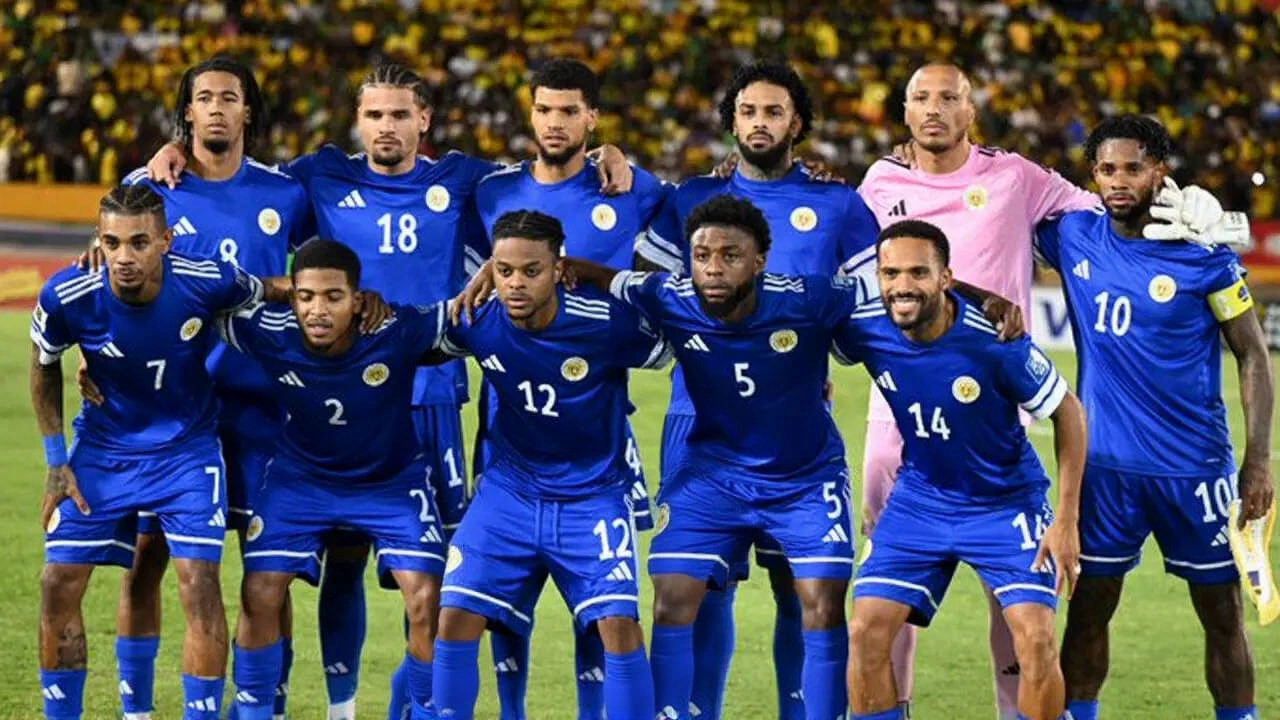When we talk about qualification, the official recognition that someone has met the standards needed for a role, position, or achievement. Also known as certification, it’s what turns potential into permission. It’s not just about degrees or trophies—it’s about who gets to play, who gets to lead, and who gets to be heard.
In sports, qualification, the process of earning a spot in a major tournament through performance or ranking. Also known as seeding, it decides who walks into the Nedbank Cup final, who battles in the AfroBasket quarterfinals, and who even gets to compete in the World Cup qualifiers. Kaizer Chiefs didn’t just show up for their 2025 final win—they earned it through years of climbing the league ladder. Same goes for Senegal’s basketball team: their 78-65 win over South Sudan wasn’t luck. It was the result of meeting strict CAF qualification rules. Meanwhile, in cricket, India Women’s spot in the World Cup semi-finals wasn’t handed to them. They qualified by beating New Zealand under pressure. Qualification here isn’t a formality—it’s a fight.
But it’s not just about stadiums. In politics and royalty, qualification, the legitimacy granted by tradition, law, or public trust to hold power or title. Also known as authority, it gets stripped away just as fast as it’s given. King Charles III didn’t just wake up one day and decide to remove Prince Andrew’s titles—he acted because the qualification to hold them had been broken. The public’s trust, the law, and decades of royal protocol all said: you no longer meet the standard. In Nigeria, ASUU’s strike wasn’t about money alone—it was about the qualification of education itself. If teachers aren’t paid, if universities aren’t funded, then what’s the point of a degree? The same goes for Wisconsin’s political move to honor Charlie Kirk. Was it a legitimate tribute, or just partisan theater? Qualification here isn’t about credentials—it’s about whether the action passes the smell test.
And let’s not forget the quiet ones—the professionals who earn qualifications behind closed doors. A football transfer bid like Newcastle’s £55 million for Anthony Elanga? That’s not just about money. It’s about proving he’s qualified to play at that level. A coach like Dave Hughes at Newport County? His first win didn’t come from luck—it came because his team qualified for the Carabao Cup through grit and discipline. Even in entertainment, qualification matters. When María Corina Machado won the Nobel Peace Prize, she didn’t get it because she was famous. She got it because she met the criteria: courage, impact, and unwavering commitment to democracy.
What ties all these stories together? No one gets a free pass. Whether you’re a player, a politician, a teacher, or a Nobel laureate—qualification is the invisible line between being noticed and being respected. Below, you’ll find real stories from around the world where qualification made the difference: between victory and defeat, power and exile, recognition and obscurity.
Posted by
Siseko Tapile
20 Comments

Curaçao made history as the smallest nation ever to qualify for the FIFA World Cup, while Haiti returned after 52 years. Both secured spots on November 18, 2025, in a landmark moment for Caribbean football.
read more